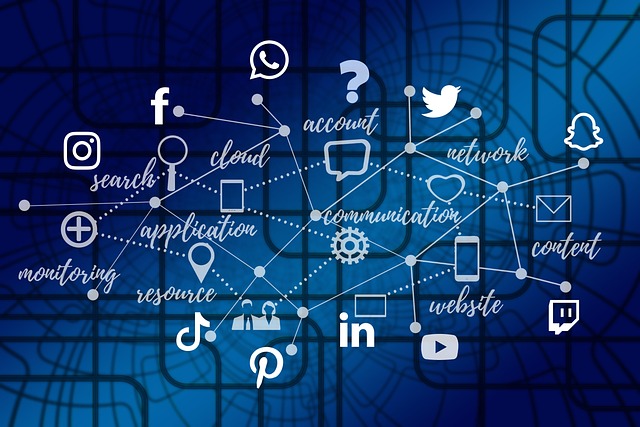AI app personalization for restaurant loyalty programs is transforming the industry by leveraging machine learning algorithms to analyze customer data, resulting in tailored experiences and increased engagement. Smart contracts enhanced with AI automate processes like payments and reservations, rewarding loyal customers automatically while reducing wait times. This technology offers benefits such as streamlined operations, enhanced efficiency, and error reduction, but faces challenges including data security concerns and initial setup costs. Despite these hurdles, AI in contract automation holds significant promise for revolutionizing business agreement management.
“Explore the transformative potential of AI business smart contract automation in the culinary sector. This article delves into how AI app personalization revolutionizes restaurant loyalty programs, offering tailored experiences to patrons. We uncover the mechanics behind smart contracts, their impact on streamlining restaurant operations, and the benefits they bring. Additionally, we analyze the challenges of implementation, providing insights for businesses aiming to harness the power of AI-driven contract automation in creating dynamic and efficient loyalty systems.”
- Understanding AI App Personalization for Restaurant Loyalty Programs
- How Smart Contracts Enhance Business Automation in Restaurants
- Benefits and Challenges of Implementing AI-driven Contract Automation
Understanding AI App Personalization for Restaurant Loyalty Programs

In the competitive restaurant industry, AI app personalization for restaurant loyalty programs is transforming how businesses engage with their customers. By leveraging machine learning algorithms, restaurants can analyze vast amounts of customer data to create tailored experiences that resonate with individual preferences. This level of personalization enhances customer satisfaction and encourages repeat visits, fostering stronger brand loyalty.
AI-driven apps can suggest customized menu items based on past orders, dietary restrictions, or even time of day. They can also offer targeted promotions and rewards, recognizing loyal customers with exclusive benefits. This data-driven approach not only improves the overall dining experience but also provides restaurants with valuable insights into customer behavior, enabling them to refine their strategies for maximum impact.
How Smart Contracts Enhance Business Automation in Restaurants

Smart contracts have the potential to revolutionize the way restaurants operate, streamlining processes and enhancing customer experiences. By implementing AI-powered smart contracts, eateries can automate various tasks, from handling payments to managing loyalty programs. This technology enables personalized offerings based on customer preferences, fostering a sense of tailored service that keeps patrons engaged.
For instance, an AI app leveraging smart contracts could facilitate seamless payments, rewarding loyal customers with tokens or discounts automatically after each transaction. It can also manage reservations, ensuring efficient table allocation and minimizing wait times. This automation not only saves staff time but also allows restaurants to focus on providing excellent food and service, creating a dynamic and satisfying dining experience for their clientele.
Benefits and Challenges of Implementing AI-driven Contract Automation

Implementing AI-driven contract automation offers a multitude of benefits for businesses, especially in streamlining processes and enhancing efficiency. By leveraging machine learning algorithms, companies can automate repetitive tasks such as data entry, document review, and even complex decision-making processes, reducing human error and saving significant time. For instance, an AI app personalization for restaurant loyalty programs can dynamically generate offers tailored to individual customer preferences, increasing engagement and retention.
However, challenges remain in adopting this technology. Data security and privacy concerns are paramount, as sensitive business and personal information must be handled with rigor. Additionally, the initial setup costs and integration complexities can deter smaller enterprises. Training algorithms to accurately interpret legal language and nuances is another hurdle, requiring continuous refinement and expertise. Despite these challenges, the potential for AI in contract automation promises significant advantages, revolutionizing the way businesses manage their agreements.
AI app personalization for restaurant loyalty programs, coupled with smart contract automation, represents a powerful synergy that can transform the dining experience. Smart contracts streamline operations, enhance customer engagement through tailored rewards, and optimize reward distribution. While challenges exist, such as data privacy concerns and initial implementation costs, the benefits—from improved operational efficiency to stronger customer relationships—make AI-driven contract automation a game-changer for the restaurant industry. As we navigate this evolving landscape, embracing these technologies could be the key to unlocking a competitive edge in the bustling world of dining.
